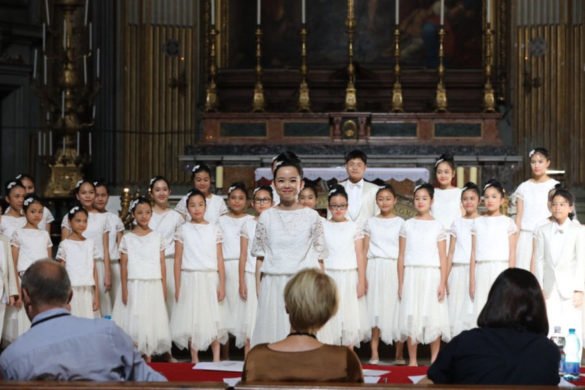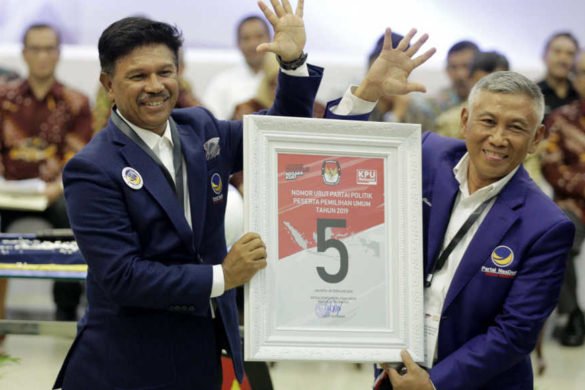……The first time I visited the home of my girlfriend, Li Limei (Suryawati Lidya), it was to win her mother’s permission to marry. Her home was in Jember, a town near the eastern tip of Java, further east from Malang, where I lived.
Her family ran a general shop located in the busiest part of Jember’s main shopping district. It used to be a Japanese-run store, but her family acquired it after Japan’s defeat in World War II.
Limei’s father had already passed away, so her mother and older brother ran the shop. It was a fairly large space for a shop in those days, measuring 14 meters wide and 50 meters deep. The family only used the front 7 meters or so for their business, however, leaving the back part empty.
After a brief look inside the store, I decided against talking about marriage immediately and instead pointed out the wasted floor space.
Her mother retorted, saying, “What does that have to do with you?” I ignored her and said, as if talking to myself, “It’s too bad. Such a waste of store space, it’s a great loss.”
Her mother, apparently intrigued, asked me what she should do. I readily seized the opportunity and offered my advice. I suggested that she display fabrics and cloth on the right-hand side of the shop, sarongs on the left, and in the middle cosmetics and women’s shoes. To make a visual impact, I suggested arranging these products by color.
As I explained my ideas to Limei’s mother, her wariness of me gradually faded and she asked me where she could find the money to purchase such goods. I replied with confidence, saying that since the store location was so good, that there must be many wholesalers who would want to sell their goods there. I suggested that she make arrangements with these wholesalers in which she paid them for their products only after they had been sold. Sale on consignment was also an option, I said.
Impressed by my advice for her store, she invited me to her home and cooked dinner for me. We talked about her business until late into the night, and I ended up staying over at their house.
The next morning, as I was about to leave, I asked Limei’s mother to give her blessing for our marriage. She approved on the condition that I help her with the shop in Jember for three years. After thinking about it for a moment, I agreed. I had won over my girlfriend’s mother by talking business with her.
My father also opposed my marriage with Limei, and I kept him in the dark about our plan for a while. When I finally told him about my intention to marry her several months later, he gave his permission, saying, “Do as you please.”
But I did not tell him about my agreement with Limei’s mother. I successfully pleaded with my relatives to open an ice candy shop in Jember and went to live there under the pretext of working at their shop.
I worked with Limei, her older brother and mother to expand the family’s business. Three years passed, and all went well. But I had no intention of spending the rest of my life in Jember.
While traveling around Indonesia, I had decided that one day I would go to Jakarta to seek my success in business.
My father was worried about my plan, asking what I could do in a city where I had neither money nor connections.
I wanted to leave the small town where I lived and try my hand at doing business in a major city. My granduncle (my grandfather’s cousin) in Surabaya supported my plan and offered to help me. “A bonsai tree can never become large,” he said. “A tree needs open space to grow and thrive.”
In 1954, I went to Jakarta with little more than the shirt on my back. I was 25.
*) One of articles from NIKKEI Asian Review in Mochtar Riady’s full “My personal history” series: “How business talks led to marriage: Mochtar Riady’s story”, edition September 20, 2018 11:01 JST
**) Mochtar Riady is the founder of Lippo Group













